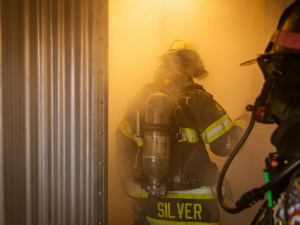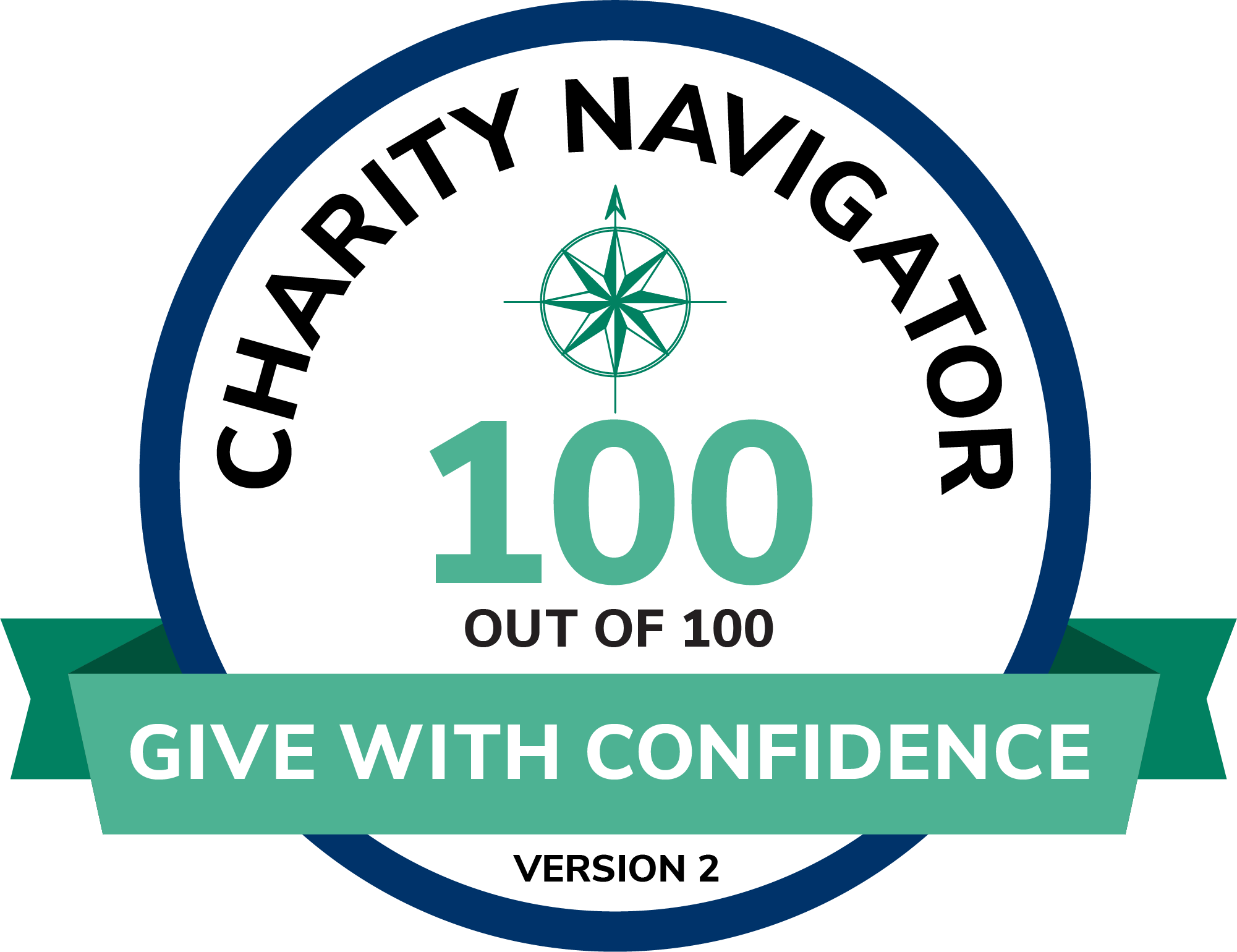New FSRI Training Provides Framework to Reduce Fatalities and Injuries on the Training Ground
November 7, 2023
 UL’s Fire Safety Research Institute (FSRI) has released a new online course titled Training Fire Exposures: A Risk-Benefit Framework. This course provides fire instructors with a framework to understand what kind of training environment they want to create and how fuels, props, and high-level control measures can help reduce firefighter fatalities and injuries on the training ground.
UL’s Fire Safety Research Institute (FSRI) has released a new online course titled Training Fire Exposures: A Risk-Benefit Framework. This course provides fire instructors with a framework to understand what kind of training environment they want to create and how fuels, props, and high-level control measures can help reduce firefighter fatalities and injuries on the training ground.
“Our research indicates that implementing different control measures during live fire training can have an important impact on exposure reduction. These control measures can include changing where fire instructors work inside the training structure, engineering isolation practices, and maintaining consistent PPE protection,” said Gavin Horn, research director, FSRI.
After taking this course, fire instructors will be able to:
- Explain the risks and benefits of live fire training.
- Understand the interaction between fuel and structure and how different combinations can lead to different training environments.
- Apply control measures to modify firefighters’ exposure in the training environment to both meet training objectives and minimize risk.
For more information, watch this promo video. Access the course here.
About Fire Safety Research Institute
UL’s Fire Safety Research Institute (FSRI) strives to advance fire safety knowledge and strategies in order to create safer environments. Using advanced fire science, rigorous research, extensive outreach, and education in collaboration with an international network of partners, the organization imparts stakeholders with knowledge, tools, and resources that enable them to make better, more fire safe decisions that ultimately save lives and property. To learn more, visit fsri.org.



